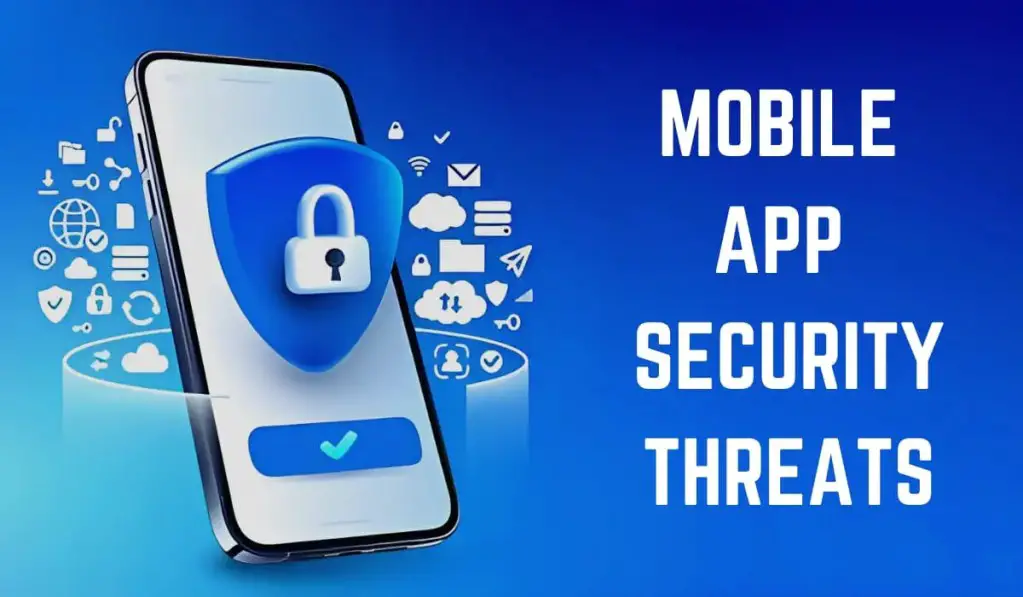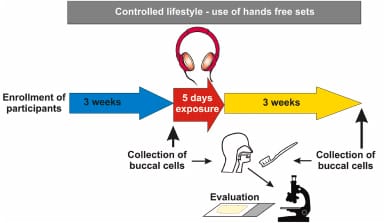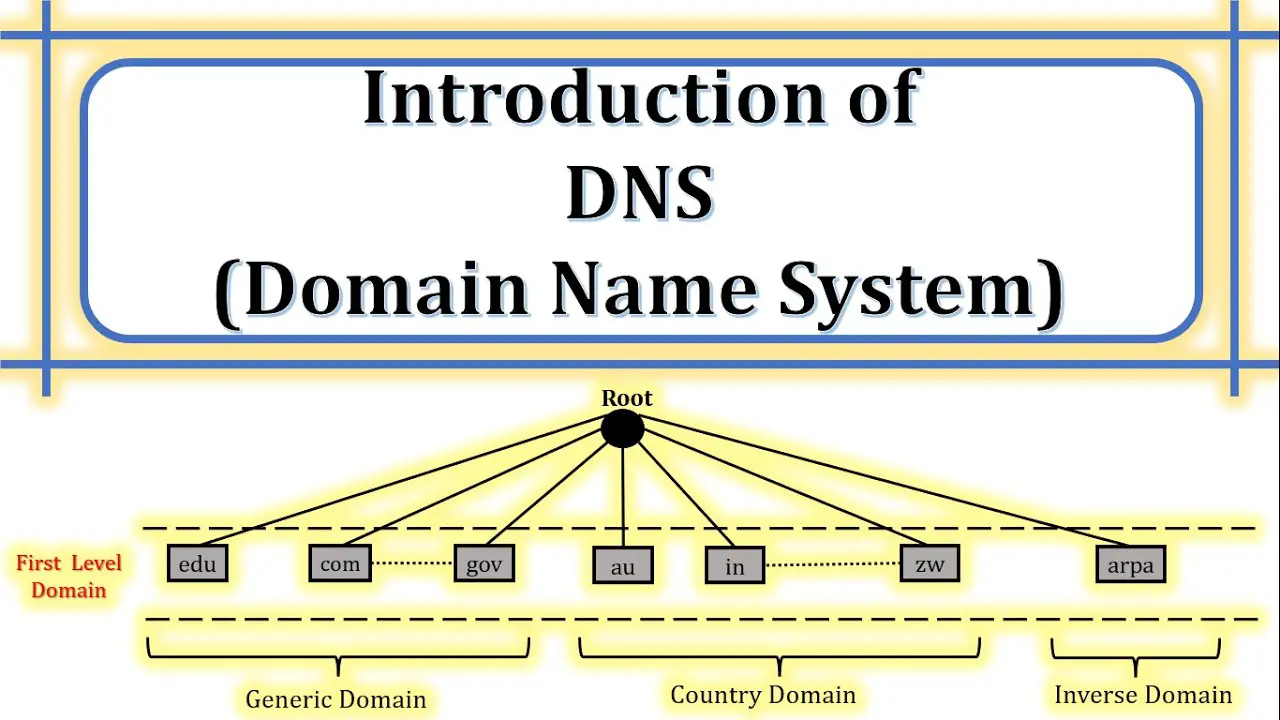Ethical Hacking Resources refer to tools, knowledge sources, and educational materials designed to support ethical hacking practices, where individuals, often referred to as ethical hackers or penetration testers, employ authorized and legal means to identify and address vulnerabilities in computer systems. These resources play a crucial role in enhancing cybersecurity measures by allowing professionals to proactively assess and fortify the security of networks, applications, and information systems. A variety of ethical hacking resources have emerged over the years. Platforms such as Offensive Security’s “Kali Linux,” established in 2013, serve as comprehensive penetration testing frameworks. Educational programs like EC-Council’s Certified Ethical Hacker (CEH) certification, introduced in 2003, provide standardized training in ethical hacking methodologies. Online platforms like OWASP (Open Web Application Security Project), founded in 2001, offer extensive resources for web application security. These resources continuously evolve to keep pace with the dynamic cybersecurity landscape, providing professionals with up-to-date tools and knowledge to safeguard digital environments against malicious threats. Users are encouraged to verify the latest developments in ethical hacking resources beyond.
Ethical hacking is a crucial field in the realm of cybersecurity. It involves authorized individuals, often referred to as ethical hackers or penetration testers, who employ their skills to identify and rectify vulnerabilities in computer systems, networks, and applications. The objective is to enhance the overall security posture and protect against potential malicious attacks. In this extensive overview, we’ll delve into various ethical hacking resources, providing names, definitions, and insights into each.
1. Certified Ethical Hacker (CEH)
The Certified Ethical Hacker (CEH) certification is one of the most recognized in the field. Offered by the EC-Council, it validates individuals’ skills in ethical hacking, penetration testing, and securing network infrastructures. Resource Link: CEH Official Website
2. Offensive Security Certified Professional (OSCP)
OSCP is a hands-on and practical certification provided by Offensive Security. It focuses on real-world penetration testing skills and requires individuals to complete a challenging 24-hour exam. Resource Link: OSCP Official Page
3. SANS Institute
The SANS Institute provides a variety of cybersecurity training and certifications, including the popular GIAC Certified Penetration Tester (GPEN) and GIAC Web Application Penetration Tester (GWAPT). Resource Link: SANS Institute
4. Bugcrowd
Bugcrowd is a crowdsourced cybersecurity platform that connects ethical hackers with organizations to identify and fix security vulnerabilities. It offers a range of bug bounty programs. Resource Link: Bugcrowd
5. HackerOne
Similar to Bugcrowd, HackerOne is a bug bounty platform that facilitates ethical hackers in reporting vulnerabilities to companies. It provides a platform for collaboration between hackers and organizations. Resource Link: HackerOne
6. OWASP (Open Web Application Security Project)
OWASP is a non-profit organization dedicated to improving the security of software. It provides resources, tools, and best practices to help organizations develop and maintain secure web applications. Resource Link: OWASP
7. Metasploit
Metasploit is an open-source penetration testing framework that enables ethical hackers to develop, test, and execute exploit code. It is a powerful tool for finding and fixing vulnerabilities. Resource Link: Metasploit Framework
8. Nmap (Network Mapper)
Nmap is a powerful open-source tool for network exploration and security auditing. It is used to discover hosts and services on a computer network, creating a map of the network’s structure. Resource Link: Nmap
9. Wireshark
Wireshark is a widely-used network protocol analyzer. Ethical hackers use Wireshark to capture and analyze the data traveling back and forth on a network, helping to identify potential security issues. Resource Link: Wireshark
10. Burp Suite
Burp Suite is an integrated platform for performing security testing of web applications. It is widely used for scanning web applications for vulnerabilities, such as SQL injection and cross-site scripting. Resource Link: Burp Suite
11. CEH Practical (C|EH Practical)
The CEH Practical is an extension of the Certified Ethical Hacker certification. It assesses the practical application of ethical hacking skills in a real-world scenario. Resource Link: CEH Practical
12. SecurityTube
SecurityTube is an online platform that offers a variety of security-related courses and resources, including video tutorials and webinars on ethical hacking and penetration testing. Resource Link: SecurityTube
13. Exploit Database (Exploit-DB)
Exploit-DB is a comprehensive archive of public exploits and corresponding vulnerable software. Ethical hackers use it to find and study exploits and vulnerabilities. Resource Link: Exploit Database
14. Shodan
Shodan is a search engine that lets ethical hackers find specific types of devices connected to the internet, including webcams, routers, and servers. It helps identify potential targets for security testing. Resource Link: Shodan
15. National Institute of Standards and Technology (NIST) Cybersecurity Framework
NIST provides a cybersecurity framework that organizations can use to assess and improve their ability to prevent, detect, and respond to cyber threats. Resource Link: NIST Cybersecurity Framework
16. Cyber Kill Chain
The Cyber Kill Chain is a framework that describes the stages of a cyberattack, from the initial reconnaissance to the final exfiltration of data. Ethical hackers use it to understand and counteract potential attacks. Resource Link: Lockheed Martin – Cyber Kill Chain
17. Information Sharing and Analysis Centers (ISACs)
ISACs are organizations that facilitate the sharing of cybersecurity threat information among companies within specific industries. They help organizations stay informed about emerging threats. Resource Link: National Council of ISACs
18. Immunity Debugger
Immunity Debugger is a powerful debugger for analyzing and developing exploits. It is used by ethical hackers to examine and understand the inner workings of software. Resource Link: Immunity Debugger
19. Snort
Snort is an open-source intrusion detection and prevention system (IDPS). It can perform real-time traffic analysis and packet logging on internet protocol networks. Resource Link: Snort
20. Kali Linux
Kali Linux is a Debian-based Linux distribution specifically designed for penetration testing and ethical hacking. It comes with a plethora of pre-installed tools for various security tasks. Resource Link: Kali Linux
21. Web Application Security Testing (WAST) Toolkit
The WAST Toolkit is a collection of security tools and frameworks for web application security testing. It assists ethical hackers in identifying and fixing vulnerabilities in web applications. Resource Link: WAST Toolkit
22. Cybersecurity and Infrastructure Security Agency (CISA) Resources
CISA provides a range of resources, guidelines, and tools to help organizations enhance their cybersecurity posture. This includes tips for securing networks and systems. Resource Link: CISA Resources
23. Social-Engineer Toolkit (SET)
The Social-Engineer Toolkit is an open-source framework designed for social engineering attacks. Ethical hackers use SET to simulate real-world attacks and assess an organization’s susceptibility to social engineering tactics. Resource Link: Social-Engineer Toolkit
24. Security Onion
Security Onion is a Linux distribution for intrusion detection, network security monitoring, and log management. It simplifies the setup and deployment of various security tools. Resource Link: Security Onion
25. Threat Intelligence Platforms
Threat intelligence platforms aggregate and analyze data from various sources to provide organizations with insights into potential cyber threats. Examples include ThreatConnect, Recorded Future, and Anomali. Resource Link: ThreatConnect, Recorded Future, Anomali
26. Cryptography Resources
Understanding cryptography is essential for ethical hackers. Resources like “Applied Cryptography” by Bruce Schneier and online courses from platforms like Coursera and edX can provide in-depth knowledge. Resource Link: Applied Cryptography – Bruce Schneier, Coursera, edX
27. Capture The Flag (CTF) Platforms
CTF platforms, such as Hack The Box, TryHackMe, and OverTheWire, offer simulated environments for practicing and enhancing ethical hacking skills through challenges and puzzles. Resource Link: Hack The Box, TryHackMe, OverTheWire
28. Cyber Range Platforms
Cyber ranges provide virtual environments for hands-on training and simulation of real-world cybersecurity scenarios. Platforms like RangeForce and Cyberbit offer comprehensive training modules. Resource Link: RangeForce, Cyberbit
29. Information Security Conferences
Attending conferences like DEF CON, Black Hat, and RSA Conference allows ethical hackers to stay updated on the latest trends, tools, and vulnerabilities in the cybersecurity field. Resource Link: DEF CON, Black Hat, RSA Conference
30. Secure Code Warrior
Secure Code Warrior provides a gamified platform for developers to enhance their secure coding skills. Ethical hackers can use it to educate development teams on writing secure code. Resource Link: Secure Code Warrior
Conclusion
In the dynamic landscape of ethical hacking and cybersecurity, staying informed and continually enhancing skills is paramount. The resources mentioned above encompass a wide range of tools, certifications, platforms, and educational materials that cater to different aspects of ethical hacking. Whether you are a beginner looking to enter the field or an experienced professional seeking to stay updated, exploring these resources can contribute significantly to your expertise in ethical hacking. Always remember, ethical hacking is not just about finding and fixing vulnerabilities; it’s a commitment to securing the digital world and protecting sensitive information from potential threats.







Leave a Reply